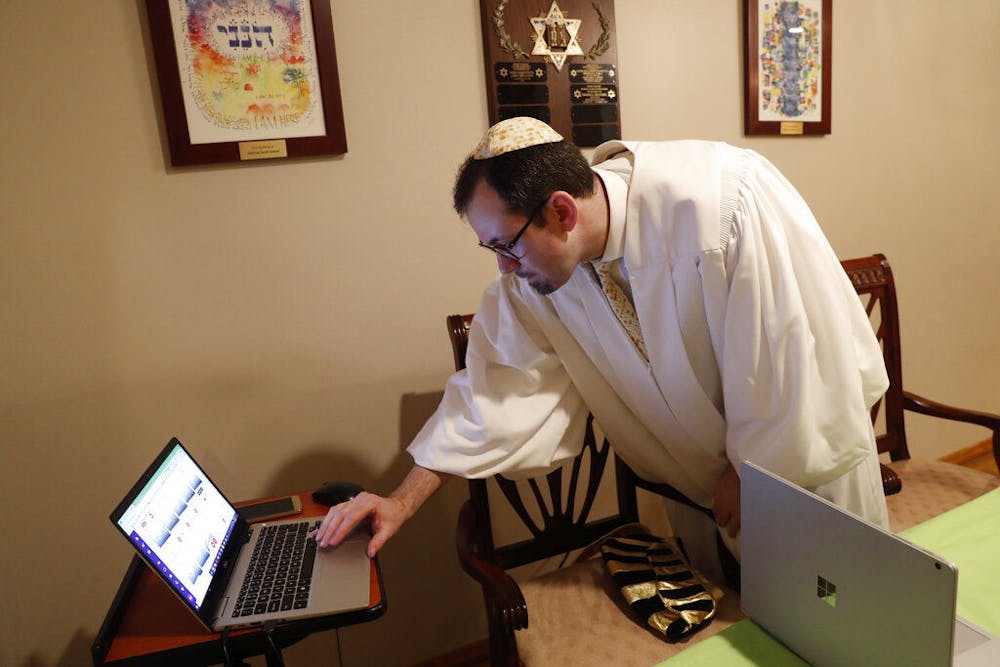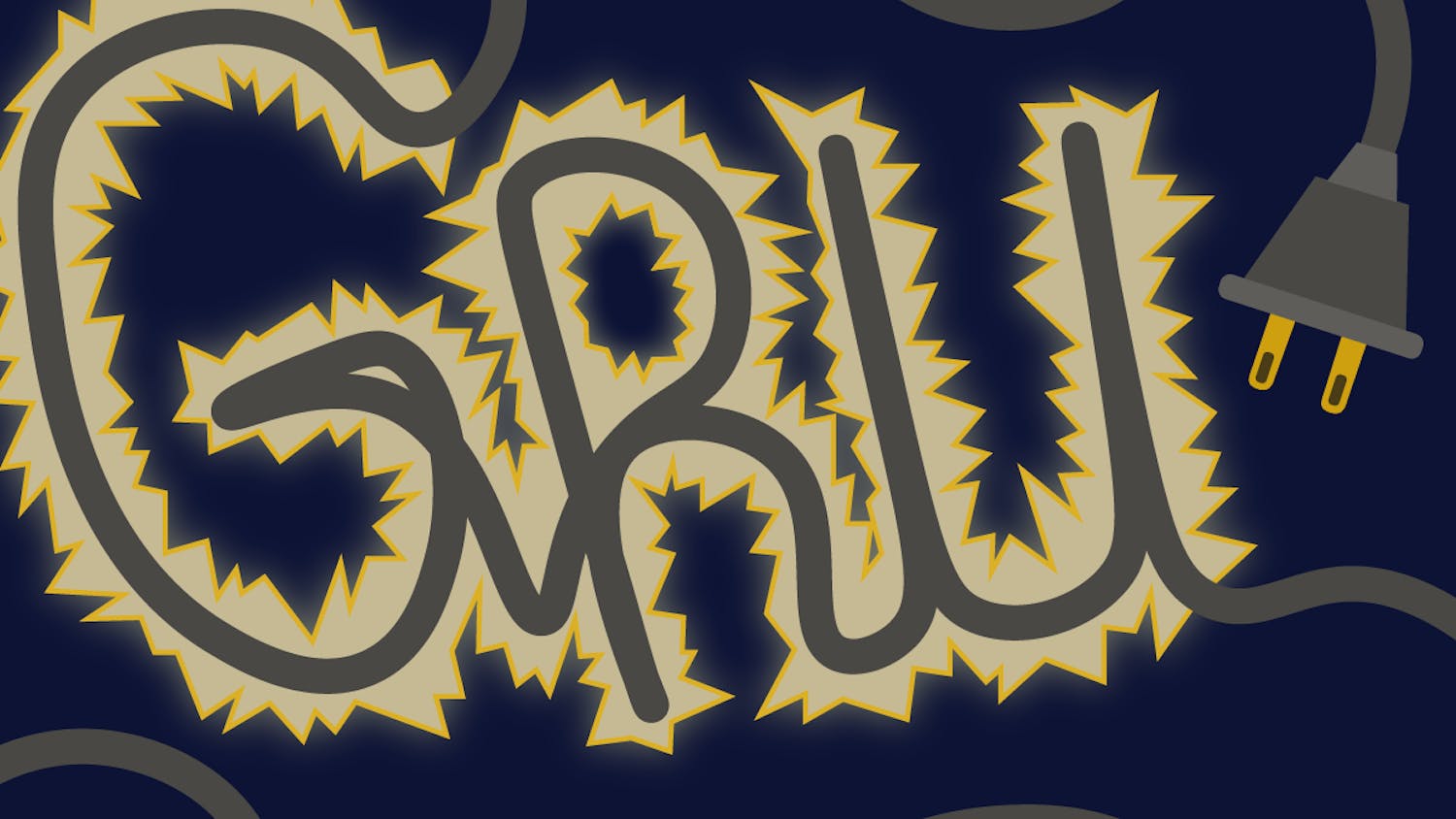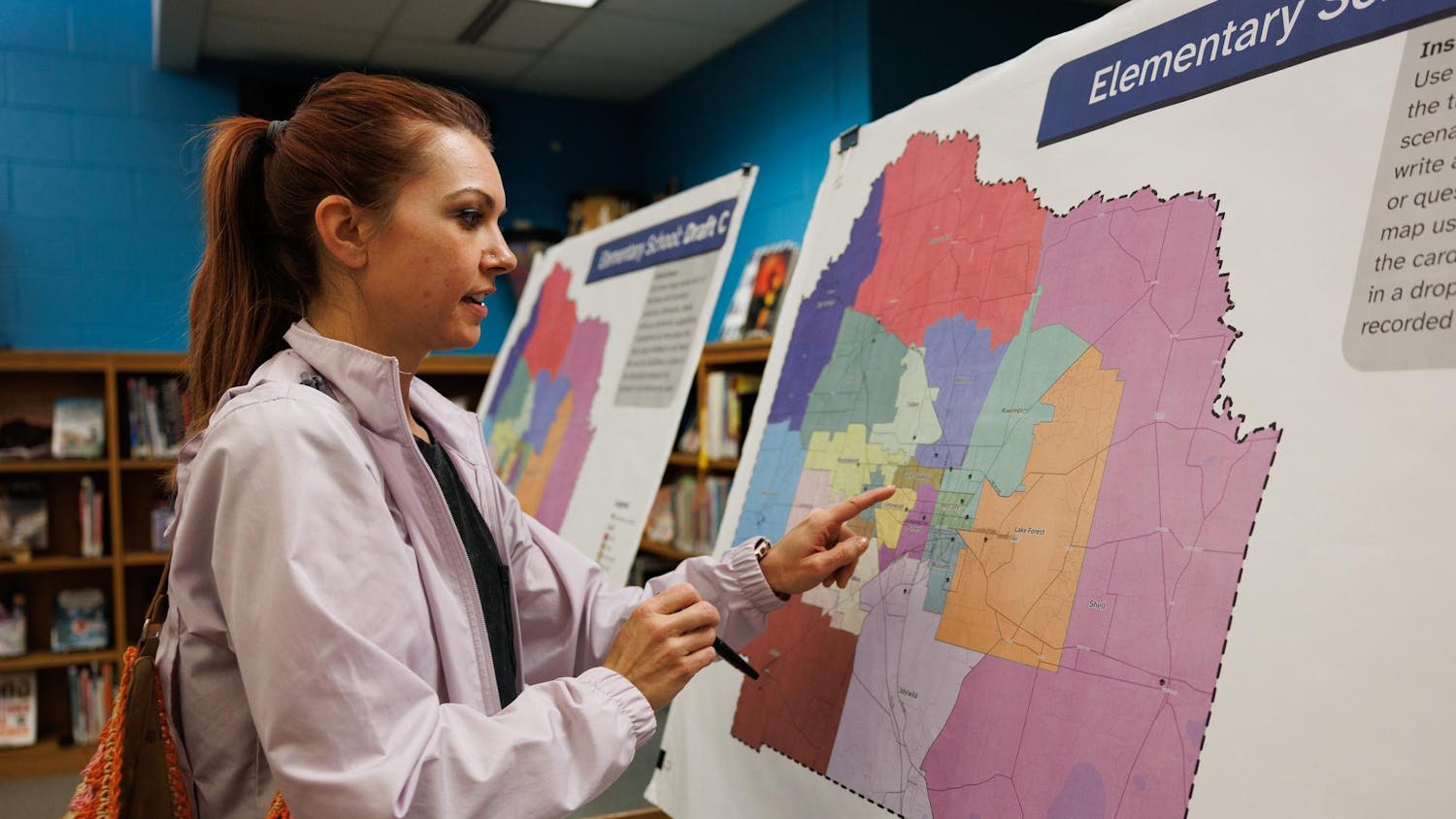More than 2,000 people in UF’s Jewish community at Chabad used to get together to eat kugel, brisket and matzo to celebrate Passover.
That’s all changed this year as COVID-19 forces the community to stay home. Due to a stay-at-home order issued in Alachua County, only one person is allowed per every 1,000 square feet for businesses, including places of worship. Gatherings are restricted to 10 people and under.
Passover, which is a celebration of the birth of the Jewish nation and its freedom from slavery in Egypt, lasts from sundown on April 8 to the evening of April 16. To keep Passover’s tradition alive, UF’s Jewish community center took requests for Seder kits to-go for more than 200 Jewish people in need. The Seder, a ritual feast, uses a plate of symbolic items to tell the holiday’s history, said Rabbi Berl Goldman, the director of the Lubavitch Chabad Jewish Center at UF.
The kits included a Seder plate, a printed guide that went through each step of the Seder and its food. The kits followed both Passover’s kosher requirements and health precautions from the U.S. Centers for Disease Control and Prevention during assembly, Goldman said.
“We’re going to do this all in true Jewish, Gator Seder style,” he said.
Meals were given out on Tuesday between 4 and 6 p.m. in the center’s parking lot, located at 2021 NW Fifth Ave. Staff wore masks and gloves, and Goldman said people who could not pick up their kits had them delivered.
The center is paying for the kits with donations from a fundraiser page, which has a goal of $100,000 and has raised more than $48,000 as of Sunday evening. And the center will provide more meals to last until the end of Passover up to Tuesday. People can apply for these meals on the Jewish center’s website.
UF Chabad was not the only organization offering a “Gator Seder.” UF Hillel, located at 2020 W. University Ave., hosted a Seder over Zoom while also sending out do-it-yourself Passover Seder kits and care packages containing a surprise.
Rabbi Jonah Zinn, UF Hillel’s executive director, led the Seder Wednesday evening from 6-7 p.m. and said people were able to sign up on UF Hillel’s website to prevent “Zoom bombing” or intentional hacking on the video conferencing service.
Hannah Lamberg signed up for the online Seder and received a DIY kit. The 22-year-old UF psychology and English senior said it gave her the opportunity to connect with other Jewish people and celebrate the holiday.
During the Seder, Lamberg led a prayer in English when the stream’s participants were asked to help with the readings. The kit was just as accommodating, directing her through the Seder and even having vegetarian substitutes at her request, she said.
“It was definitely much more than I was expecting,” she said.
UF Hillel is still offering Passover care packages throughout the holiday on its website.
The funding is from Hillel itself, and Zinn said they benefit from the generosity of alumni, parents and community members, but was unaware of the total cost.
UF Hillel plans to continue to do things like this, he said, as long as students need it.
“Even though we’re all sort of separate right now, we want them to still feel that they’re part of a broader UF Jewish community,” Zinn said.
Contact AJ Bafer at abafer@alligator.org. Follow her @ajbafer.
Rabbi Shlomo Segal of Kehilat Moshe synagogue checks to see who has dialed in to his virtual Passover seder in the Sheepshead Bay section of Brooklyn during the current coronavirus outbreak, Wednesday, April 8, 2020, in New York. Segal said some 55 congregants, friends and family members dialed into the tele-conferenced experience, which was also simulataneously broadcast live on YouTube on the other laptop, right. The new coronavirus causes mild or moderate symptoms for most people, but for some, especially older adults and people with existing health problems, it can cause more severe illness or death. (AP Photo/Kathy Willens)






